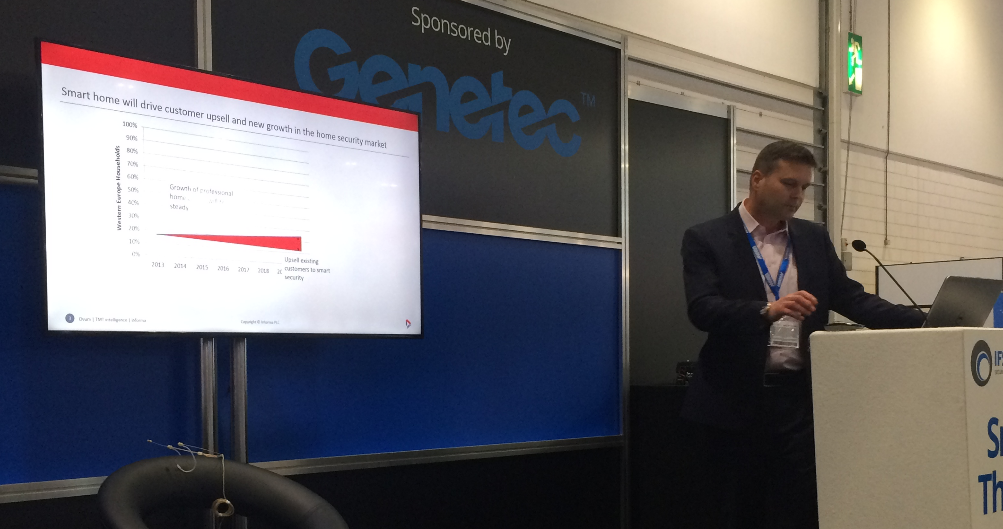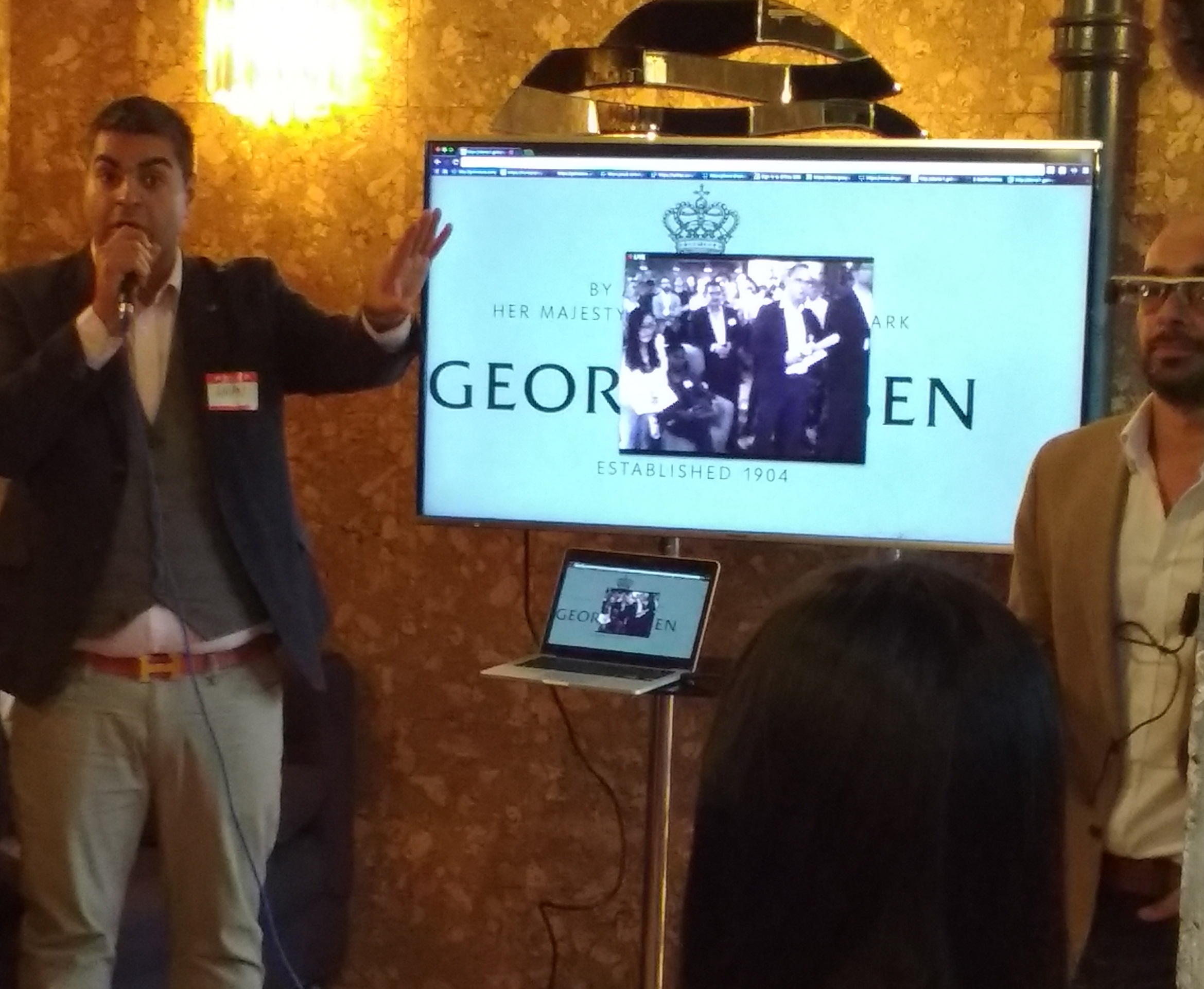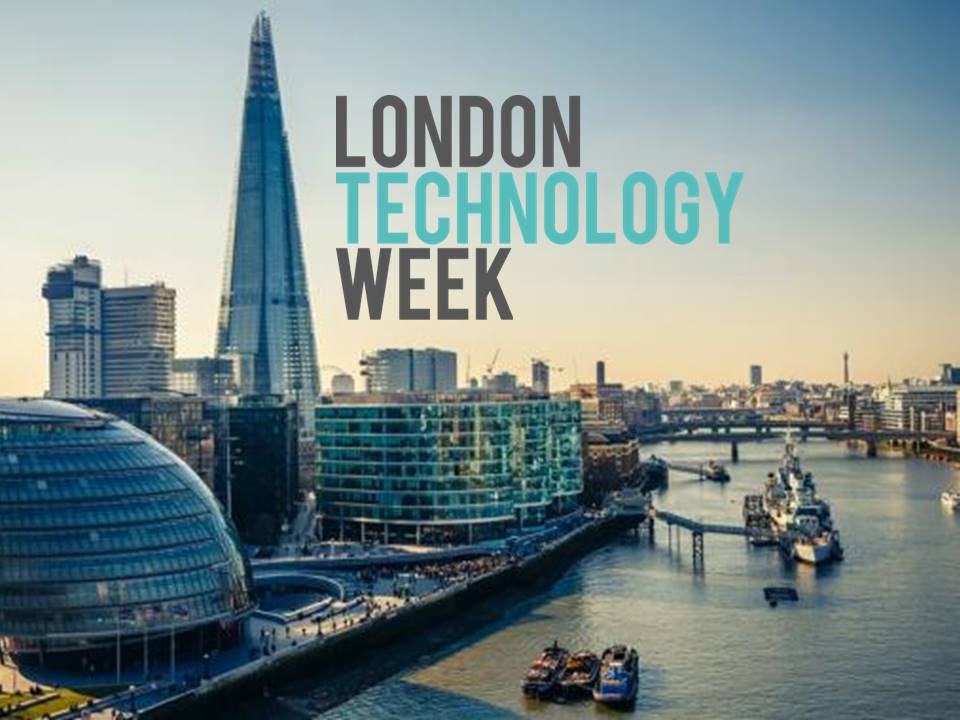This past week, the Fung Global Retail & Technology team attended London Technology Week, an event supported by the Mayor of London. In this third year of the gathering, more than 250 events took place around London throughout the week. Below are a few key takeaways.
1. London Strengthens its Position as a Global Tech Hub
Industry organization, Wireless Broadband Alliance (WBA), launched June 20 as “World Wi-Fi Day.” To mark the initiative and to help bridge the digital divide, they announced the results of their “Mapping the Urban Unconnected” research. Of 18 large cities, London was named the most connected in the world with only 8% of the urban population unconnected. Other selected major cities’ proportion of unconnected urban population, according to the study:
- Tokyo: 13.9%
- Paris: 16%
- New York: 27%
- Mexico City: 27.6%
- Johannesburg: 50.1%
On the first day of the event, London & Partners, the official promotional company for London, announced findings of its research that showed by 2036, technology could completely replace cash in London. In 2014, London’s buses went completely cashless and now only accept contactless payment methods.
Russ Shaw, the founder of Tech London Advocates, believes London is the global capital for so-called “Fash Tech”–the intersection between fashion and technology. Shaw noted in order to support growth and attract talent, private and public sectors need to invest in providing connectivity, transportation and workplaces. Global technology hubs, including New York, London and Hong Kong, can be very expensive places for startups to set up their businesses.
2. Smart Homes Market Growing Slowly
At the IFSEC International security econference, Michael Philpott, Principal Analyst at Ovum, said the smart home market is growing steadily, but the growth is more stagnant than in many other technology sectors. He listed key reasons for this:

Michael Philpott from Ovum, believes revenue growth in the smart home market can be achieved by upselling to existing customers.
- Smart homes need to make life fundamentally better or cheaper.
- More flexible solutions must be developed to meet the needs of different market segments. Many companies currently offer one-size-fits-all smart home products; consumers want more tailored solutions.
- Companies should remove concerns that create purchasing barriers: reliability, security, health and safety, and trusted business ethics.
Philpott also noted consumers are often unaware of the benefits of smart home appliances. He said when marketing smart home products, companies should sell use-cases, not products, and mentioned Philips as an example. The technology company uses slogans such as “Live healthier,” “Decorate your home” and “Enhance the experience” to market its smart home products.
3. Li-Fi to Replace Wi-Fi Over the Next Five Years
Peter Mason from Tavcom Training believes Light Fidelity (li-fi) is the most exciting technology advancement in the last 40 years. Li-fi technology is expected to replace wi-fi over the next five years. Similar to wi-fi, li-fi is a system that runs wireless communications except it uses LED lightbulbs to enable data transfers and can provide significantly faster wireless communications than wi-fi. Key li-fi highlights Mason mentioned:
- Dubai will be the first city in the world where li-fi is tested on a larger scale by the roll out of li-fi technology on the city’s streetlights.
- Future iPhones may be incorporated with li-fi technology.
- Solar panels used as routers are projected to be viable by 2017.
4. Robot Delivery to Win in the Last Mile
Ahti Heinla, CEO of Starship Technologies and co-founder of Skype, showcased Starship Robot, a six-wheeled intelligent robot designed for the local delivery of goods and groceries. The electric-powered robots drive autonomously on sidewalks at low speeds and with zero emissions. Lightweight and low-cost, the robots are designed to deliver goods locally within 30 minutes and when convenient for customers, who can request delivery by robot when they are ready to receive the goods.
Advantages of Starship Robots over other delivery methods include:
- The robots reduce the current cost of delivery since they do not require drivers, they are energy efficient and their hardware is low cost.
- They increase convenience for customers because they can decide when they want to receive delivery.
- They increase the speed of delivery because consumers only wait 30 minutes for their goods once they have requested delivery.
5. Improving the Multi-Channel Experience
Tech London Advocates, a group championing London’s potential as a world-class hub for tech and digital businesses, introduced three retail tech startups, Scout, GoinStore and Modist.

GoInStore at the Tech London Advocates event
Scout is a hardware and software system that tracks in-store consumer behavior. This gives store managers access to data similar to what can be tracked about visitors of e-commerce websites. Scout tracks footfall and shoppers’ behavior, what they are trying on, when and if they are buying, and what they picked up or not.
GoInStore is a system that connects e-commerce portals with in-store sales associates. GoInStore enables a video call between the visitor of the website and the sales associate in the store. During the video call, sales associates wear a pair of smart glasses with a front camera through which they can show clients the products, while at the same time they can access information about the customers’ shopping history.
To get all the details from the event, read our two reports from the event: Report 1 and Report 2.
Connect with us on social media:
@DebWeinswig
@FungRetailTech
Facebook
LinkedIn
Subscribe to our YouTube channel
Pinterest
Instagram
